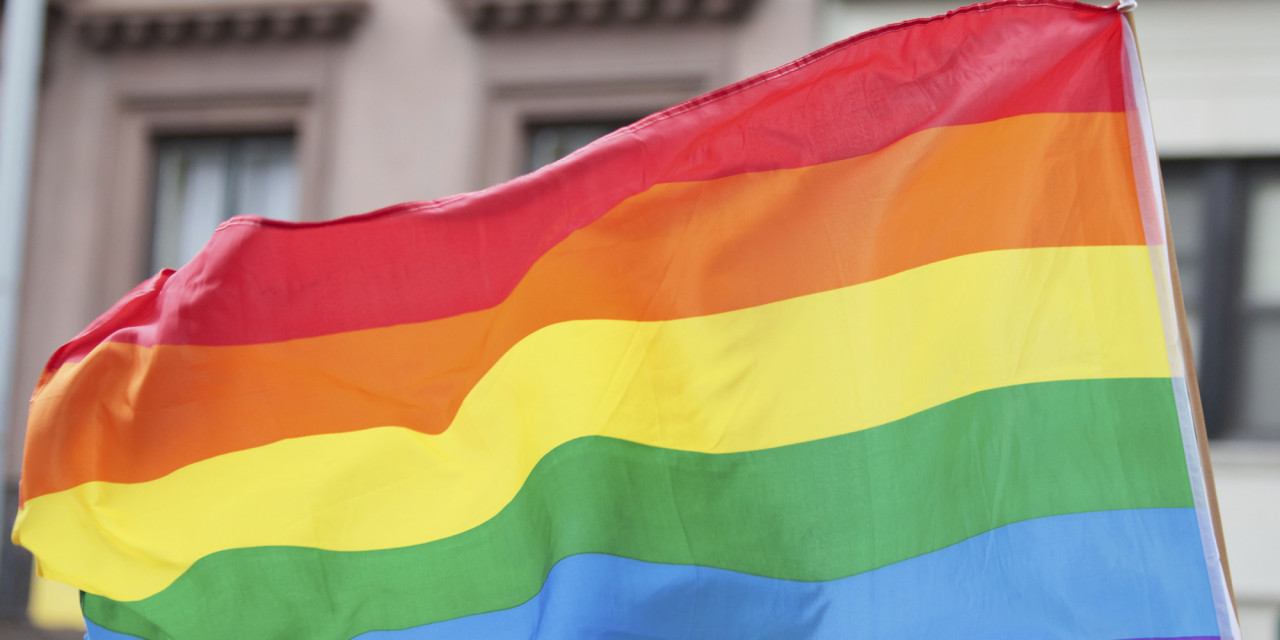Social scientists estimate that 15 to 30 percent, or, “[a]s many as 600,000 to 1.2 million slaves” in antebellum America were Muslims. 46 percent of the slaves in the antebellum South were kidnapped from Africa’s western regions, which boasted “significant numbers of Muslims”.
These enslaved Muslims strove to meet the demands of their faith, most notably the Ramadan fast, prayers, and community meals, in the face of comprehensive slave codes that linked religious activity to insubordination and rebellion. Marking Ramadan as a “new American tradition” not only overlooks the holy month observed by enslaved Muslims many years ago, but also perpetuates their erasure from Muslim-American history.
Although the Quran “[a]llows a believer to abstain from fasting if he or she is far from home or involved in strenuous work,” many enslaved Muslims demonstrated transcendent piety by choosing to fast while bonded. In addition to abstaining from food and drink, enslaved Muslims held holy month prayers in slave quarters, and put together iftars - meals at sundown to break the fast - that brought observing Muslims together. These prayers and iftars violated slave codes restricting assembly of any kind.
For instance, the Virginia Slave Code of 1723 considered the assembly of five slaves as an “unlawful and tumultuous meeting”, convened to plot rebellion attempts. Every state in the south codified similar laws barring slave assemblages, which disparately impacted enslaved African Muslims observing the Holy Month.
Therefore, practicing Islam and observing Ramadan and its fundamental rituals, for enslaved Muslims in antebellum America, necessitated the violation of slave codes. This exposed them to barbaric punishment, injury, and oftentimes, even death. However, the courage to observe the holy month while bonded, and in the face of grave risk, highlights the supreme piety of many enslaved Muslims.
Ramadan was widely observed by enslaved Muslims. Yet, this history is largely ignored by Muslim American leaders and laypeople alike - and erased from the modern Muslim American narrative.
For those who are struggling to connect with Allah this Ramadan, this is for you


